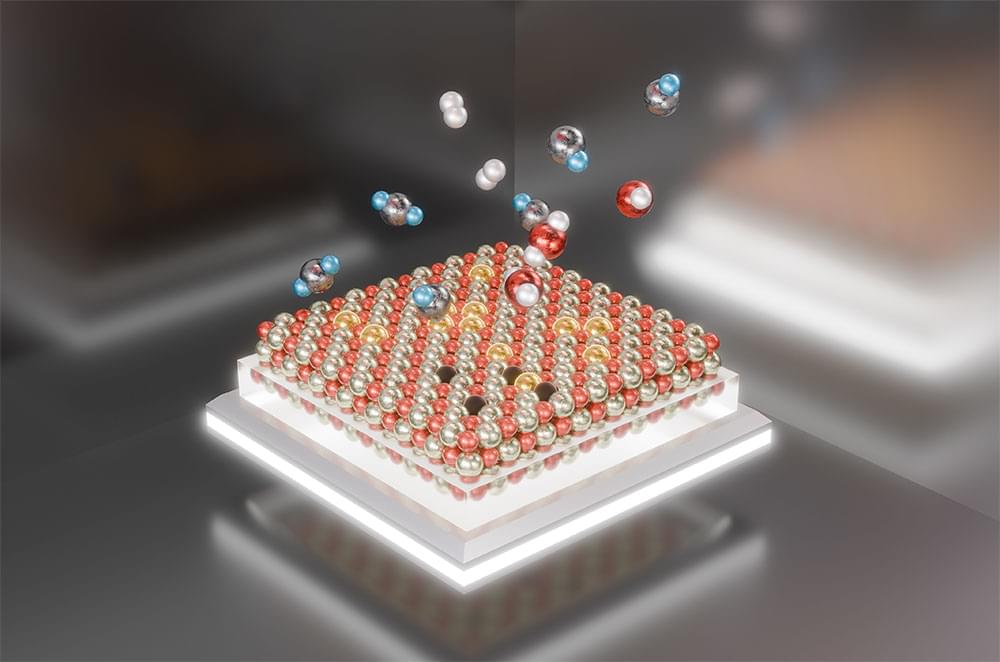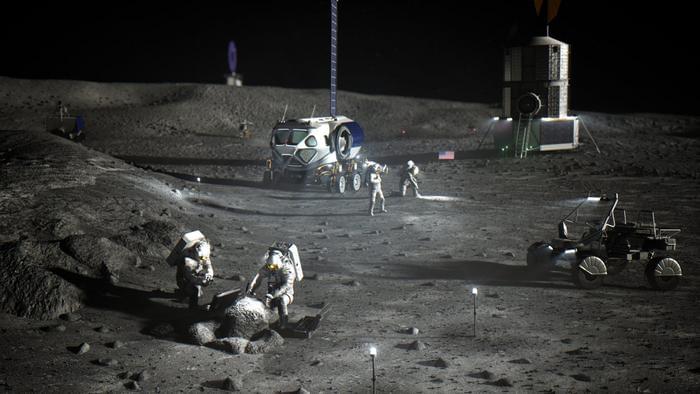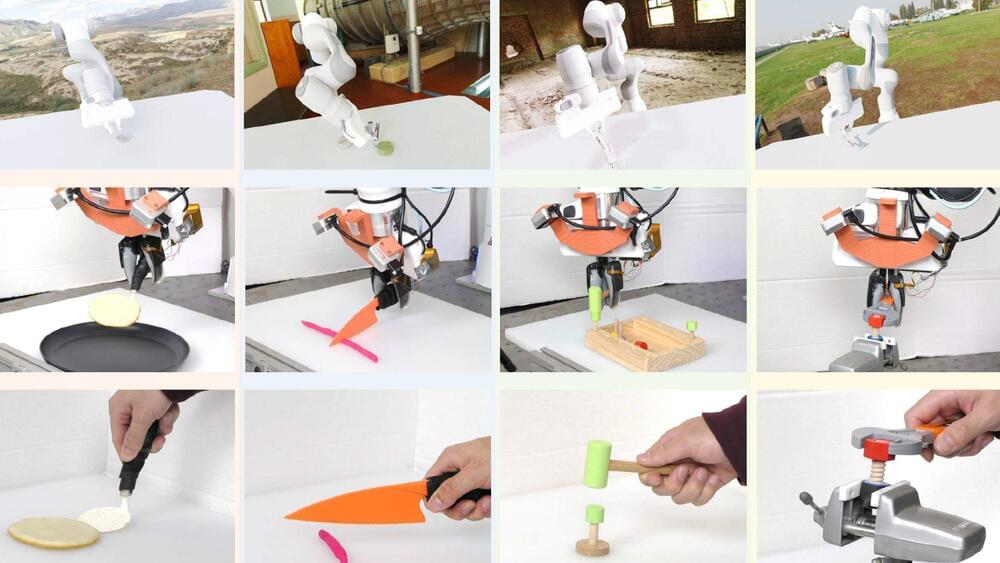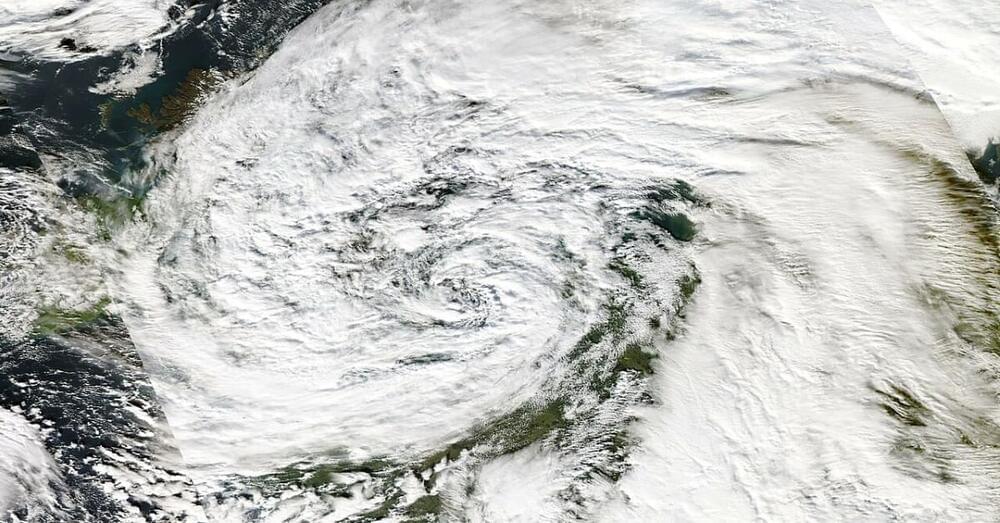Understanding aging and age-related diseases requires analyzing a vast number of factors, including an individual’s genetics, immune system, epigenetics, environment and beyond. While AI has long been touted for its potential to shed light on these complexities of human biology and enable the next generation of healthcare, we’ve yet to see the emergence of tools that truly deliver on this promise.
Leveraging advanced plasma proteomics, US startup Alden Scientific has developed AI models capable of making the connections needed to accurately assess an individual’s state of health and risk of disease. The company’s tool measures more than 200 different conditions, including leading causes of morbidity and mortality such as Alzheimer’s, heart disease, diabetes and stroke. Significantly, its models also enable an individual to understand how an intervention impacts these risks.
With a host of top Silicon Valley investors among its early adopters, Alden is now using its platform to conduct an IRB-approved health study designed to provide a “longitudinal understanding of the interplay between environmental, biological, and medical data.”









